We all love photography items that we find useful and use constantly. Here are seven that have recently become part of my regular workflow.
Radiant Photo
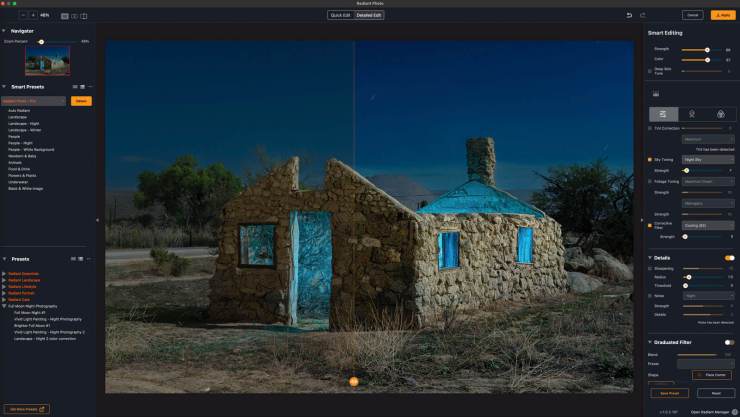
I began using Radiant Photo from Radiant Imaging Labs several months ago. It’s quickly become part of my workflow. I use it on just about every photo.
Radiant Photo states that it was created by photographers for photographers. It’s an easy-to-use editor that runs as a stand-alone as well as a plug-in.
You simply open an image. Radiant Photo quickly analyzes each image using AI. After that, it suggests edits that it feels is best for each photo. Rather than applying presets, it attempts to bring out color, detail, and light that best suits each individual photo. It works as stand-alone software or with Adobe Lightroom or Photoshop.
Check out this Radiant Photo review.
Zhiyun FiveRay M40 LED light panel

The Zhiyun Fiveray M40 LED panel has no menu, two knobs and great-looking daylight LED light. Its bonus is in its almost childlike simplicity and effectiveness. It’s amazingly easy to operate without any previous knowledge of the product or how to use it. There are no menus, apps, multiple buttons, or anything else. It’s just two dials, one for brightness, and the other for color temperature, both completely variable.
That variability is another aspect that I love about this. While many LED daylight panels offer 2-3 discrete color temperatures, this offers variability from very warm temperatures of 2700K to very cool temperatures of 6200K. Easy. Fast. Simple. No menus. No scrolling. And the battery lasts a good long time. I use this for lighting products, Zoom meetings and video podcasts, and even as a super-great and quick flashlight at times.
Zhiyun Fiveray M40 LED panel review.
RGB Critter 2.0 flashlight from Ants on a Melon
.mgl-tiles { display: none; } #mgl-gallery-63c94bcb5ef0d { margin: -2.5px; width: calc(100% + 5px); } #mgl-gallery-63c94bcb5ef0d .mgl-box { padding: 2.5px; } @media screen and (max-width: 768px) { #mgl-gallery-63c94bcb5ef0d { margin: -2.5px; width: calc(100% + 5px); } #mgl-gallery-63c94bcb5ef0d .mgl-box { padding: 2.5px; } } @media screen and (max-width: 460px) { #mgl-gallery-63c94bcb5ef0d { margin: -2.5px; width: calc(100% + 5px); } #mgl-gallery-63c94bcb5ef0d .mgl-box { padding: 2.5px; } }
Light painting with RGB Critter 2.0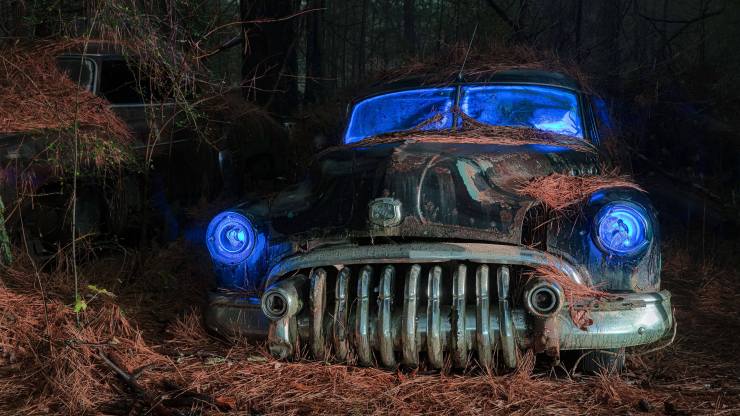
RGB Critter with Flex attached.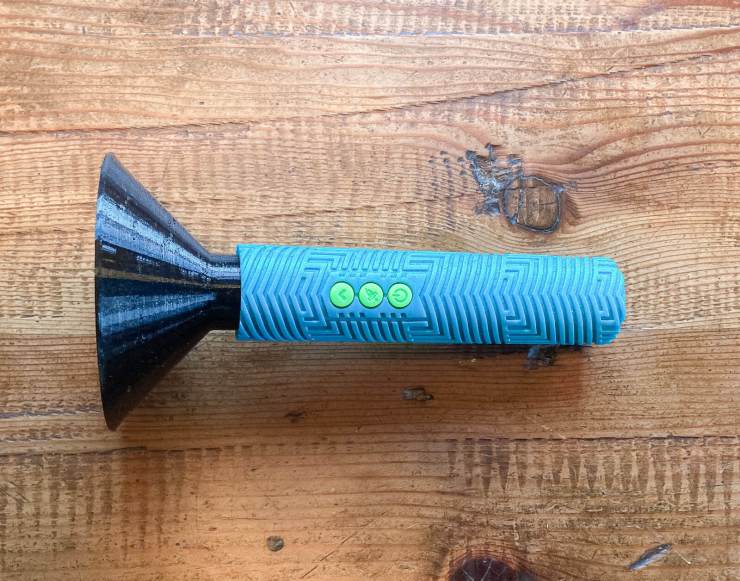
I just began using this for light painting. However, so far, it’s gone with me on all my night photography excursions.
RGB Critter 2.0 flashlight is popular with LED flow artists during shows, art exhibitions, events and raves. It’s also very popular with night photographers for light drawing, which some describe as light painting. I use it for light painting of subjects (and finding my way around in the dark using a red light so I don’t blow my vision out.
Yes, I have a ProtoMachines LED2 flashlight already that is tailor-made for light painting of subjects. But the RGB Critter is smaller and can fit in my backpack a little easier. I am also able to use it as a backpack and loan it out knowing that it’s virtually indestructible.
Check out this RGB Critter 2.0 flashlight from Ants on a Melon review.
Skylum Luminar Neo
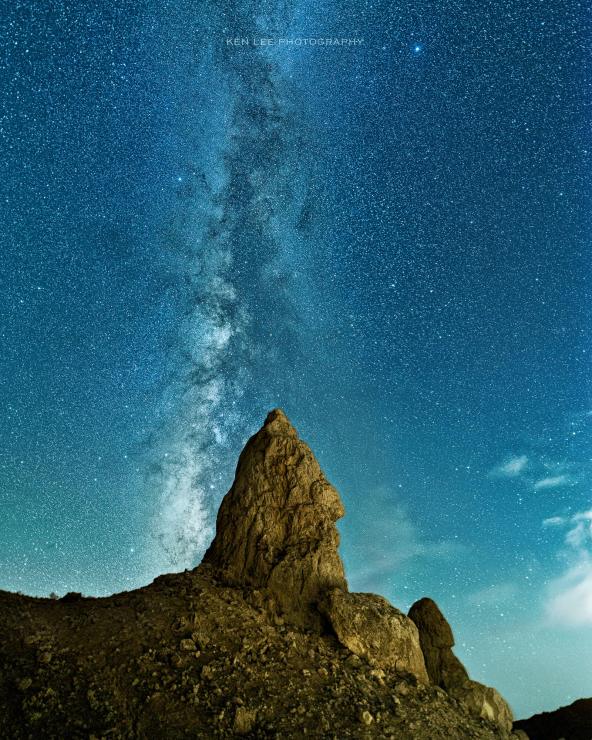
There’s something about the way Luminar products handle color that gives them that extra “something.” That’s not very scientific, I know. But somehow, tools like Accent AI can balance color, hue, saturation, highlights and more. And you can always tweak anything with manual controls. Also, adding extra things like a little bit of extra Orton effect or glow or detail is simple. Some of the Portrait features are also fantastic. It’s hard not to love this even if you already have Adobe Lightroom or Photoshop.
Luminar Neo has everything you need to make the colors pop. Tools like Accent AI can intelligently balance hue, saturation, highlights, contrast, and details with one slider. However, you can always fine-tune each one separately to your liking with manual controls.
Check out this Skylum Luminar Neo review of Relight AI and this Skylum Luminar Neo review of Upscale AI (software extension).
DxO Nik Collection 4
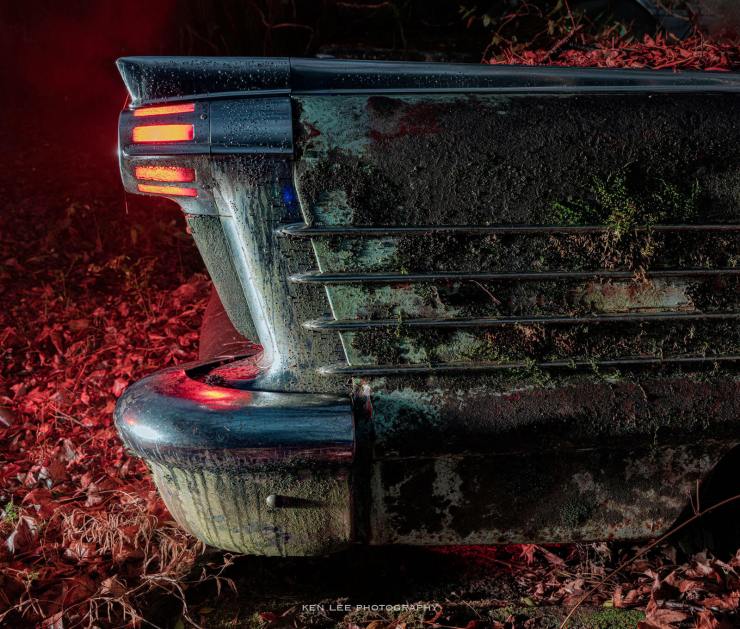
I’ve been using the Nik Collection when it was, well, owned by Nik, prior to Google, and definitely prior to DxO. DxO resuscitated this, and it has a suite of tools that I use all the time in my workflow.
I use Perspective Efex any time I need to address keystoning. The plug-in addresses geometric distortion in your images via automatic corrections or manually placed reference lines. The Auto version works extremely well, correcting numerous distortions simultaneously. Perspective Efex also corrects keystoning in architecture images. Also, it corrects lens distortions such as barrel, pincushion and fisheye distortion via the Volume Deformation panel. And it also has a surprisingly great tilt-shift effect!
And as this is a suite, I could go on and on. Silver Efex Pro has long been the gold standard among black and white enthusiasts. The good news? It’s still great! DxO added more controls. Consequently, if you are used to older versions such as the old Google version, you may need to poke around a bit. For instance, toning is in its own drop-down section.
Detail Extractor in particular manages to pull out, well, more detail. The sliders allow you to apply it with a subtle touch, which is my preference, but the filter’s default is strong.
Tonal Contrast, which I frequently use right alongside Detail Extractor at the same time, offers additional contrast without looking silly. Unless you want it to be extreme since, well, it does that too.
Check out this DxO Nik Collection 4 review.
Lowepro Trekker Lite SLX 120
.mgl-tiles { display: none; } #mgl-gallery-63c94bcb5f843 { margin: -2.5px; width: calc(100% + 5px); } #mgl-gallery-63c94bcb5f843 .mgl-box { padding: 2.5px; } @media screen and (max-width: 768px) { #mgl-gallery-63c94bcb5f843 { margin: -2.5px; width: calc(100% + 5px); } #mgl-gallery-63c94bcb5f843 .mgl-box { padding: 2.5px; } } @media screen and (max-width: 460px) { #mgl-gallery-63c94bcb5f843 { margin: -2.5px; width: calc(100% + 5px); } #mgl-gallery-63c94bcb5f843 .mgl-box { padding: 2.5px; } }
Lowepro Trekker Lite SLX 120 – front compartment


The Lowepro Trekker Lite SLX 120 is a low-key sling or waist-style bag. It accommodates a full-frame camera with an attached lens and one or two more lenses in a slim profile. As the Trekker Lite name implies, this bag is ideal for the photographer who is hiking or walking around a lot. It’s a great size for bringing a camera, a couple of lenses, some small accessories, a water bottle and either a tripod or a jacket strapped to the back. It’s the perfect size to stuff a few things in and go.
The bag does not scream, “I’ve got an expensive camera here!” Lowepro’s aesthetic and compartment spaces have an appealing sense of minimalism while still having enough storage to get the job done.
Right now, I am using it to hold my Motorola CP-110 communication radios, which I use on many night photography shoots with other night photographers or workshop participants. I’ve also used it to bring snacks and water, lenses, LED lights, and yes, cameras with lenses attached. In short, I use it all the time.
Check out this Lowepro Trekker Lite SLX 120 review.
Topaz Denoise AI
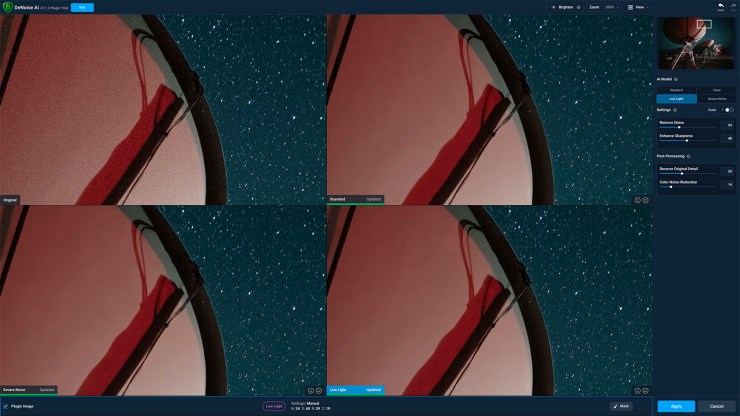
Topaz Denoise AI is almost like magic. It uses deep learning, analyzing millions of images to distinguish between real image detail and noise. This allows you to retain detail while getting rid of noise. It works amazingly well. As a night photographer who has a lot of dark images and dark high-ISO images, denoising software that works this well is beautiful.
Check out this Topaz Denoise AI review.
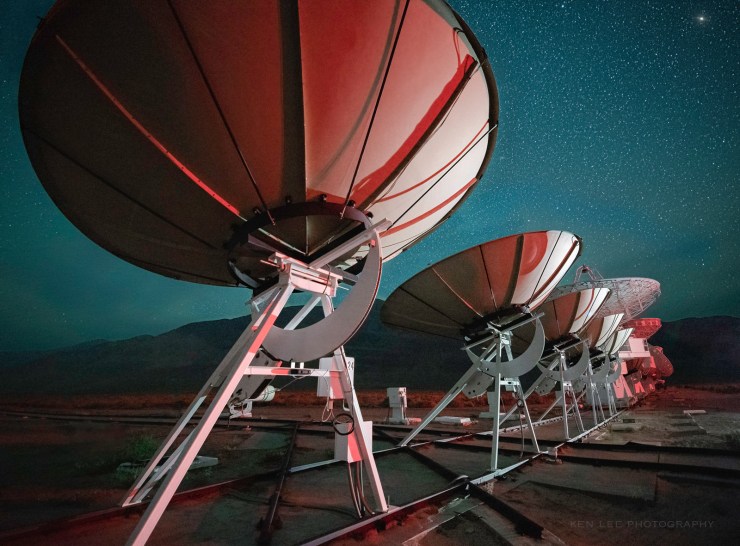
Last thoughts
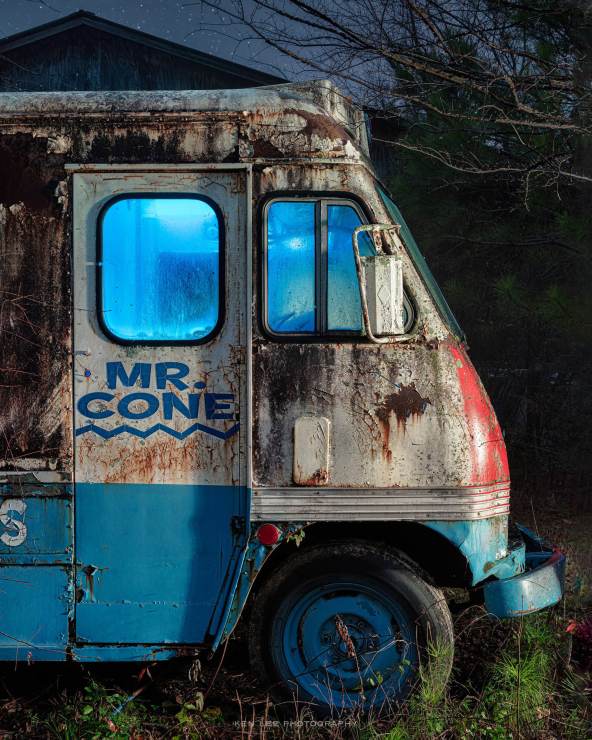
This is a quick article about photography items you might use all the time. And this differs from person to person. I just realized what I had begun using constantly recently and thought I’d share this with you in case it helps you a bit.
Another person might use the astounding Imagen all the time, particularly for batch-processing photos quickly and beautifully. If I did video for content creation, I’d use the DJI Osmo Mobile 6 gimbal constantly. And of course, it goes without saying that many of us use Adobe Lightroom or Photoshop. just about every day. But these are photography items that I’ve recently come to rely on regularly!
What are some recent software or items that have become part of your regular workflow? Let us know in the comments!
Tell your story with the second annual Visual Storytelling Conference!
Experience four days of interactive, online training sessions featuring a range of educational content with experienced photographers and content creators. This free event kicks off with a series of technical boot camps to build essential skills, followed by live, online sessions on photography, video, business and social media. Join live from March 10-13, 2022!
